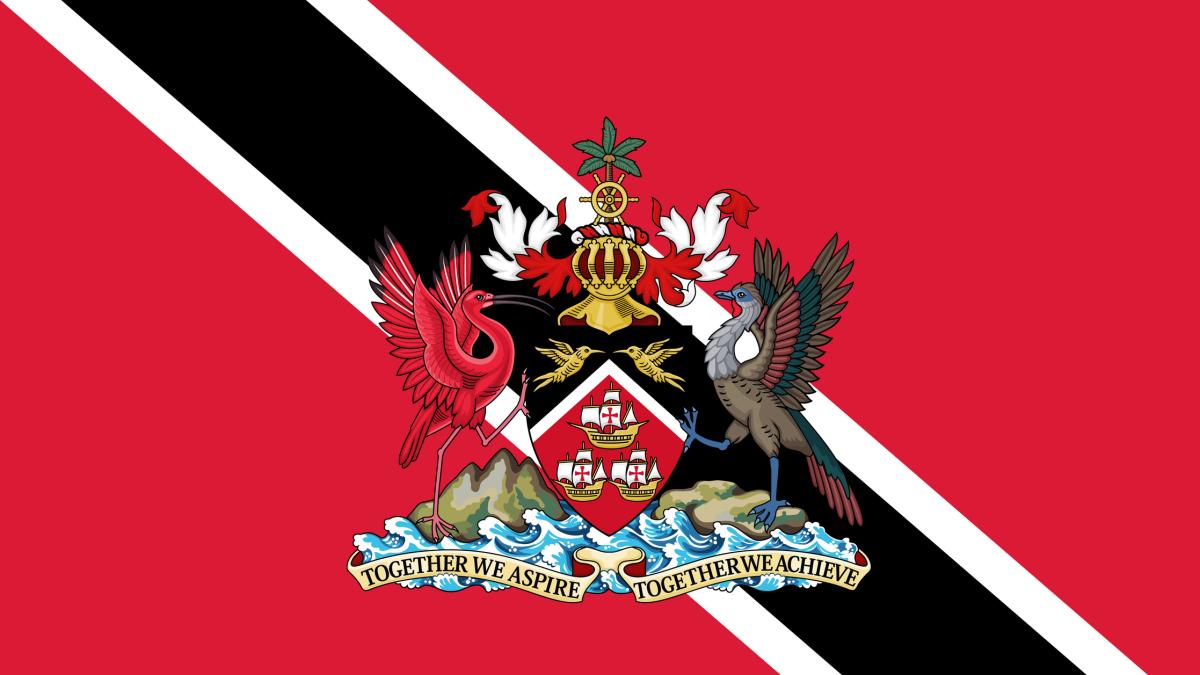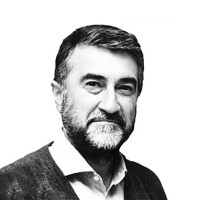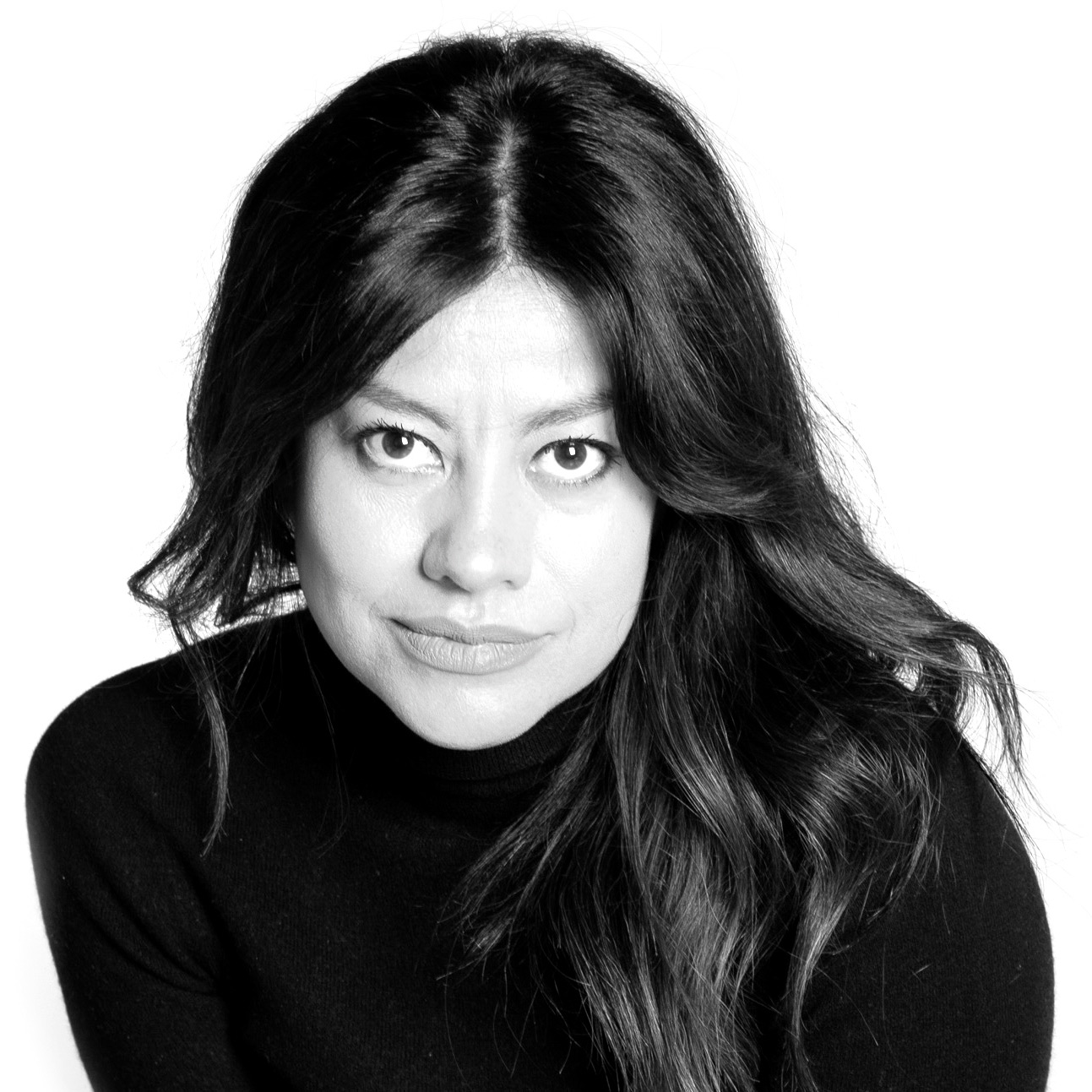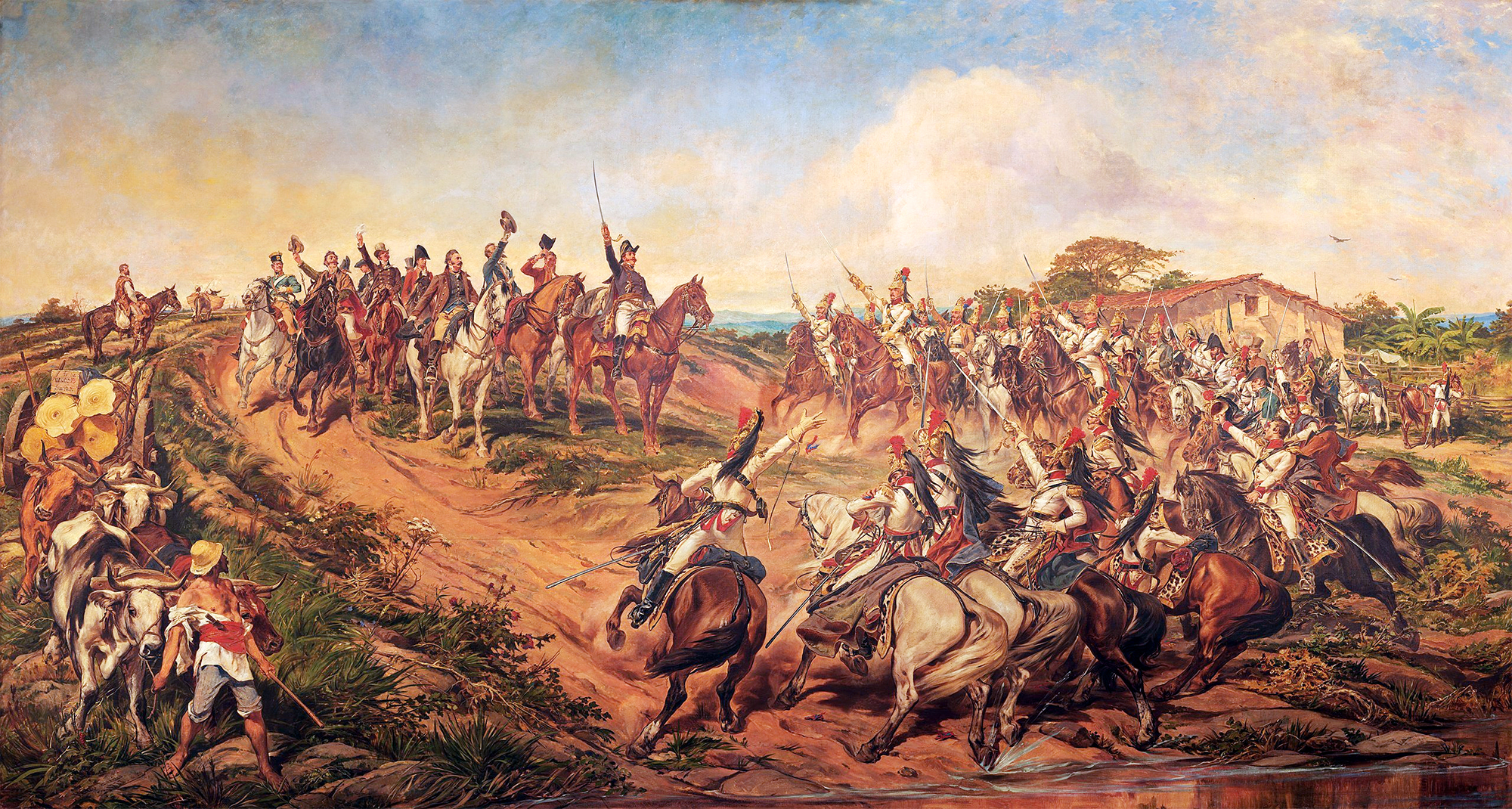Trinidad and Tobago begins to eliminate the remains of Spanish and British colonialism
- The people and the government have begun to question the monuments, studies and appointments that exist in the two Caribbean islands for the glory of colonialism. The authorities have taken the first step and have decided to withdraw the three arms of the country from the first expedition of Christopher Columbus.

The latest decolonial wave has followed its path in Abya Yalan and in the Caribbean, where it has been snatched by Michelangelo. The symbolism related to colonialism is changing in several countries, including Trinidad and Tobago. As a first step of a longer process, the president of the islands has announced the elimination of the three carabelas – Niña, Pinta and Santa Maria – from the first expedition of Christopher Columbus, which have a place of honor in the country’s coat of arms.
In 1962, the shield was designed by the Independence Commission, which came out of the United Kingdom that same year and gained independence. The packaging is located under two golden hummingbirds, on a representation of the islands. Below they have the following motto in English: "We have our intentions together, we will reach them together," he added. The boats will be replaced by metal drums, a percussion instrument created on the Caribbean island. "We are on the way to ending the colonial footprints we have in our Constitution," said President Keith Rowley. The new design could be ready by the end of next September and, for logistical reasons, the Government has given a six-month deadline for the change.

The initiative is supported by the Caricom Committee. It is a supra-state organisation that seeks justice and compensation for the slave trade and the continued exploitation of territories by European metropolises. "Colon didn't find us, the islands were populated before he arrived," said Liberal President Rowley, in statements collected over the Internet.
The decision was made at the doorstep of a public discussion that took place on Wednesday. The meeting discussed the need to remove certain symbols, names and monuments related to colonialism, as well as other key elements.
History of further changes
Christopher Columbus and other figures of the colonial era have been the subject of debate this Wednesday in an auditorium of the Biscayan capital. More than two dozen people who participated in the event, as well as many others who participated via the Internet, advocated the withdrawal of symbols and colonial names.
The Government has asked the inhabitants of the two islands whether they are in favour of removing monuments, symbols, street names, etc. relating to colonialism and, where appropriate, how to replace them.
Representatives of citizens of Africa, the European Union and their countries of origin have attended the event. According to the state news agency AP, some propose removing the monument to Colón, located in Plaza Cristóbal Colón in Port of Spain, and placing it in a museum. Others have called for it to be left to be destroyed and for "people to trample their remains" to the affected area. Another participant has suggested that all statues in tribute to the colonizers come together to create a "square of the miserable."
The debate is scheduled to continue on the other island, Tobago, as the government has received about 200 proposals from citizens about possible changes in public policy.
The colonial trail of the country, in its own name
The Caribbean Trinidad and Tobago Islands are a nation close to the coast of Venezuela. It was the colony of Spain from the conquest until 1797, when France took on the role of colonizer and in 1888 Britain took the two islands as its overseas territory. In 1962 he achieved the independence of the British Empire and in 1976 he became a republic.
Today, the island of Trinidad was populated with caribs before the conquest and the Calucos lived in Tobago. Colón arrived on the islands on 31 July 1498. According to some historians, the island of Trinidad was called before the arrival of the Spanish colonizers, including many Basques, who played an important role in all the expeditions of Colón, to Cai (territory of Colibria). Christopher Columbus called it "Tierra de la Santísima Trinidad" (Tierra de la Santísima Trinidad) and from there his name has remained until today. In the days after the "discovery" of the islands, in the surroundings of Venezuela, Colón wrote in his diary: "These lands are a different world and they are going to give great riches to the Crown of Castile and to Christianity, which comes back to Europe, will spread in them," he added.
Anarion Mason, professor at the University of San Fernando, has stressed the need to integrate the decolonial approach in many areas in the country. For example, many towns and cities still carry names given to them by colonial forces, such as Port of Spain, San Fernando or Scarborough; or the curriculum continues to emphasize the history, literature and cultural norms of the United Kingdom, often "to the detriment of its own rich history".
Despite the black skin and curly hair, they remained invincible men, with the intelligence and resentment of human beings.” So he wrote about the slaves CRL James in the book Jakobino Beltzak, who masterfully narrates the Haitian revolution. So many brutalities, torture and... [+]
Malin, Burkina Fason eta Nigerren Frantzia haizatua da. Mendebaldeko potentziek haien eragina galtzen ari dira Afrikako kolonia zaharretan. Afrika frankofonoko populazioa bereziki gaztea da, eta ez du frantses kolonialismoa zuzenki ezagutu. 35 urtez peko gazteek populazioaren... [+]
Last week I was at the Olaso Tower in Bergara, in a talk about symbol acquisition.
Behind the symbols there is a story, and it is evident that the symbols we have before us – shields, flags, monoliths, street names… – tell the story that suits the empire.
It is not in... [+]
II. Following the World War, the process of decolonization of the countries of Africa and Asia began. In fact, the soldiers of these countries participated in the triumph of Germany and its fascist allies, and “as a thank you” those subordinate countries had to be recognized... [+]
In the bar Gato de Pamplona was singing screaming, the famous song of curse of Malinche: "Eta oker horretan, pasako grandeza eman egingo dugu, eta oker ants three hundred years Geratu gara slaves."
Having a birth in South America, especially in Colombia, is nothing comfortable,... [+]




















